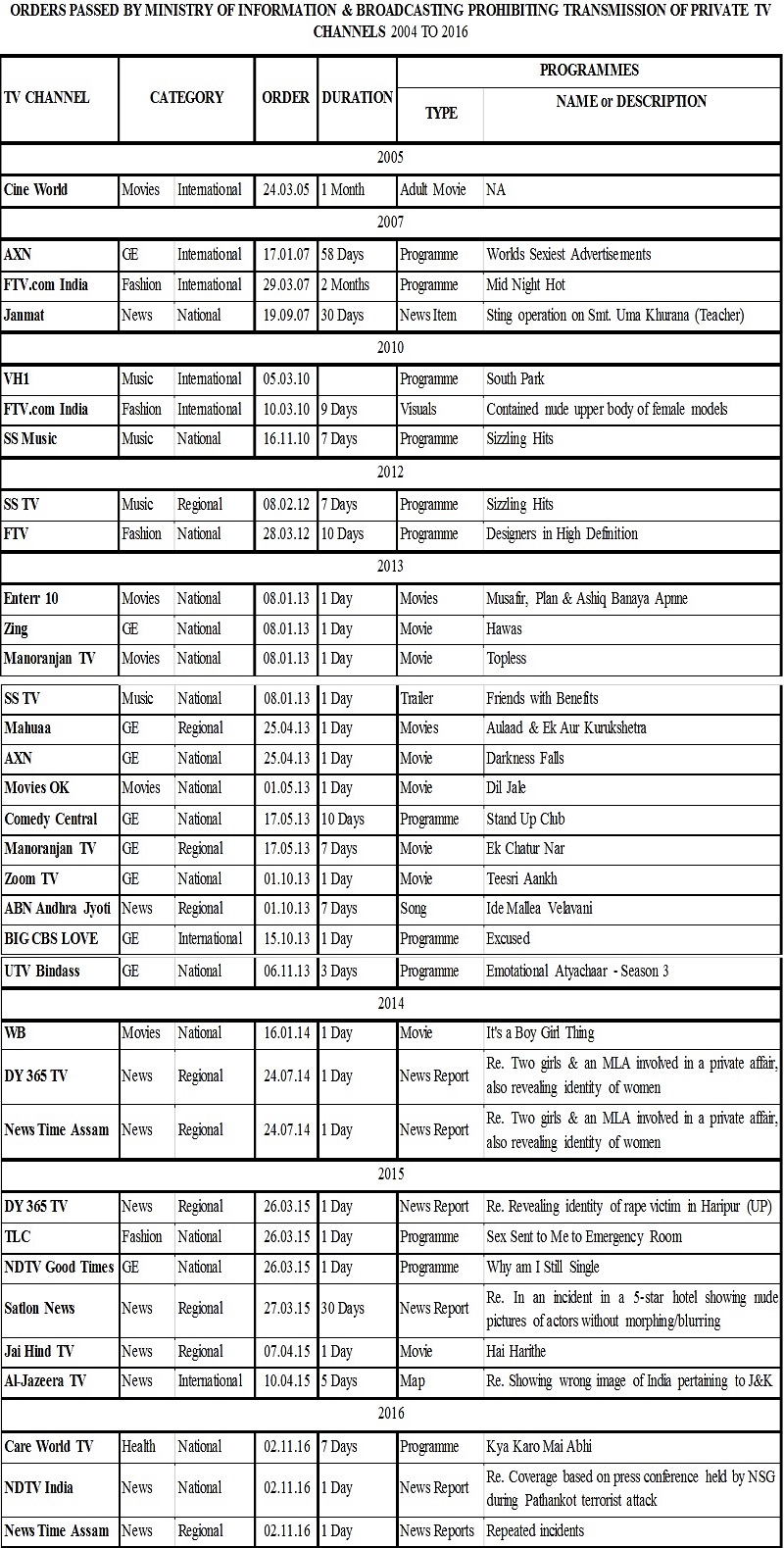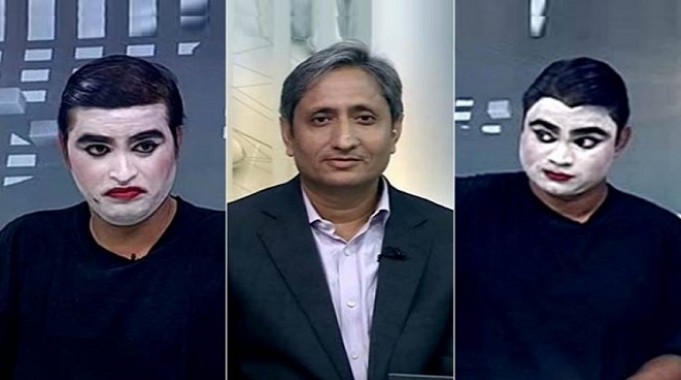TV bans: Don’t let the issue die down
Ravish Kumar's show on NDTV India, using mime artists to protest the 24-hour ban on the channel.
After the 24-hour ban on NDTV India was put on hold, the media has quickly forgotten the larger issue at stake in letting the government ban TV channels—whether entertainment or news—without having an acceptable decision-making process in place. The last two bans were decided upon by an inter-ministerial panel, non governmental or judicial representation is not there in the panel which makes the final ruling.
Bans on TV channels are an arbitrary government solution resorted to in the absence of a statutory regulator to govern content regulation on television. The self regulatory authorities of private channels have been in place, even as these bans (14 in the year 2013) have been imposed. Evidently self regulation is not the last word on subject, government fiats are.
As the table below shows there have been 32 bans in 12 years. Whereas NDTV India was the second national news channel to invite a ban, there have been seven bans imposed on regional news channels before, ranging from 1 day to 30 days in the case of Satlon News, a Gujarati channel.
The first national news channel to face a ban--of 30 days--was Janmat, in 2007, then headed by Sudhir Chaudhury currently at Zee News. This was for the infamous Uma Khurana sting operation.
And there was one ban before this on an international news channel, Al Jazeera, for a period of 5 days in 2013, for showing a wrong image of India pertaining to Jammu and Kashmir.
Information for the table below is sourced from the website of the ministry of information and broadcasting.

View a chart listing all orders issued by the ministry since 2005 over here.







